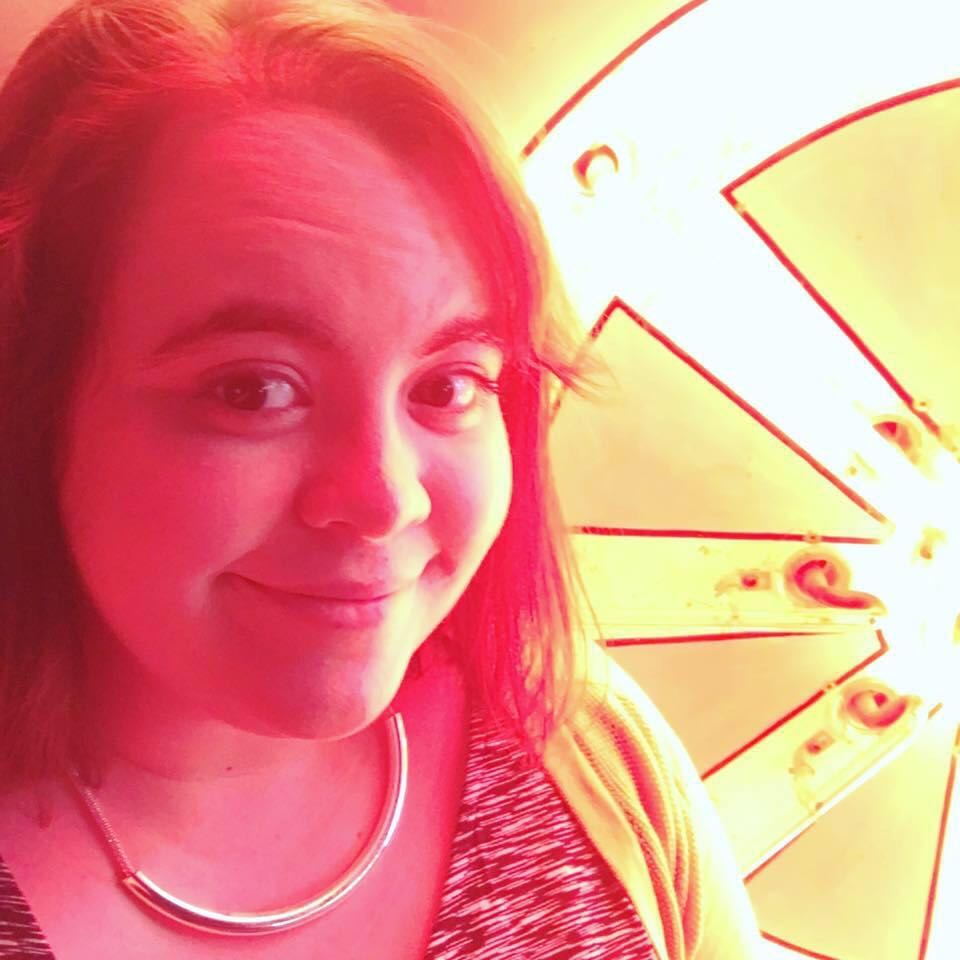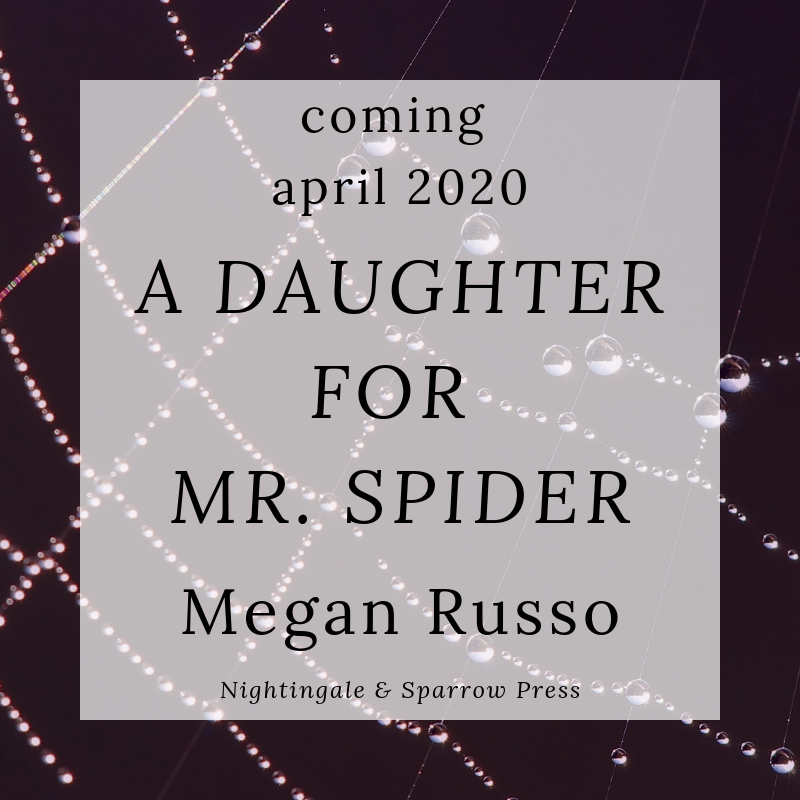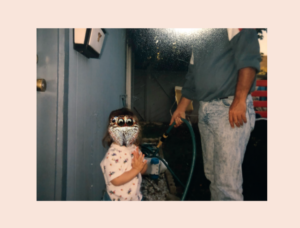from “Ocean”
I was once taught that all life on Earth began in the ocean, and that, biologically, humans are seventy percent water. That means seventy percent of us is made of what used to be home.
I think of the ocean hidden inside me, tucked away in my cells, mixed with my sweat. I feel the tides in my pulse and the salt in my tears. I haven’t forgotten the ocean. I haven’t forgotten its depths.
continued in Bouquet of Fears
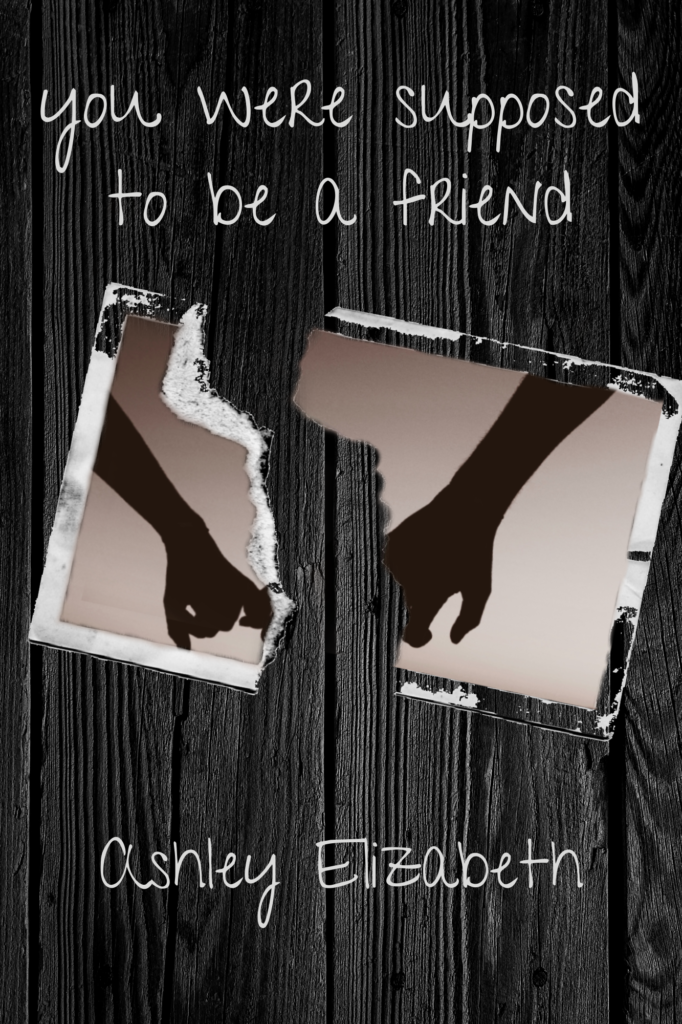
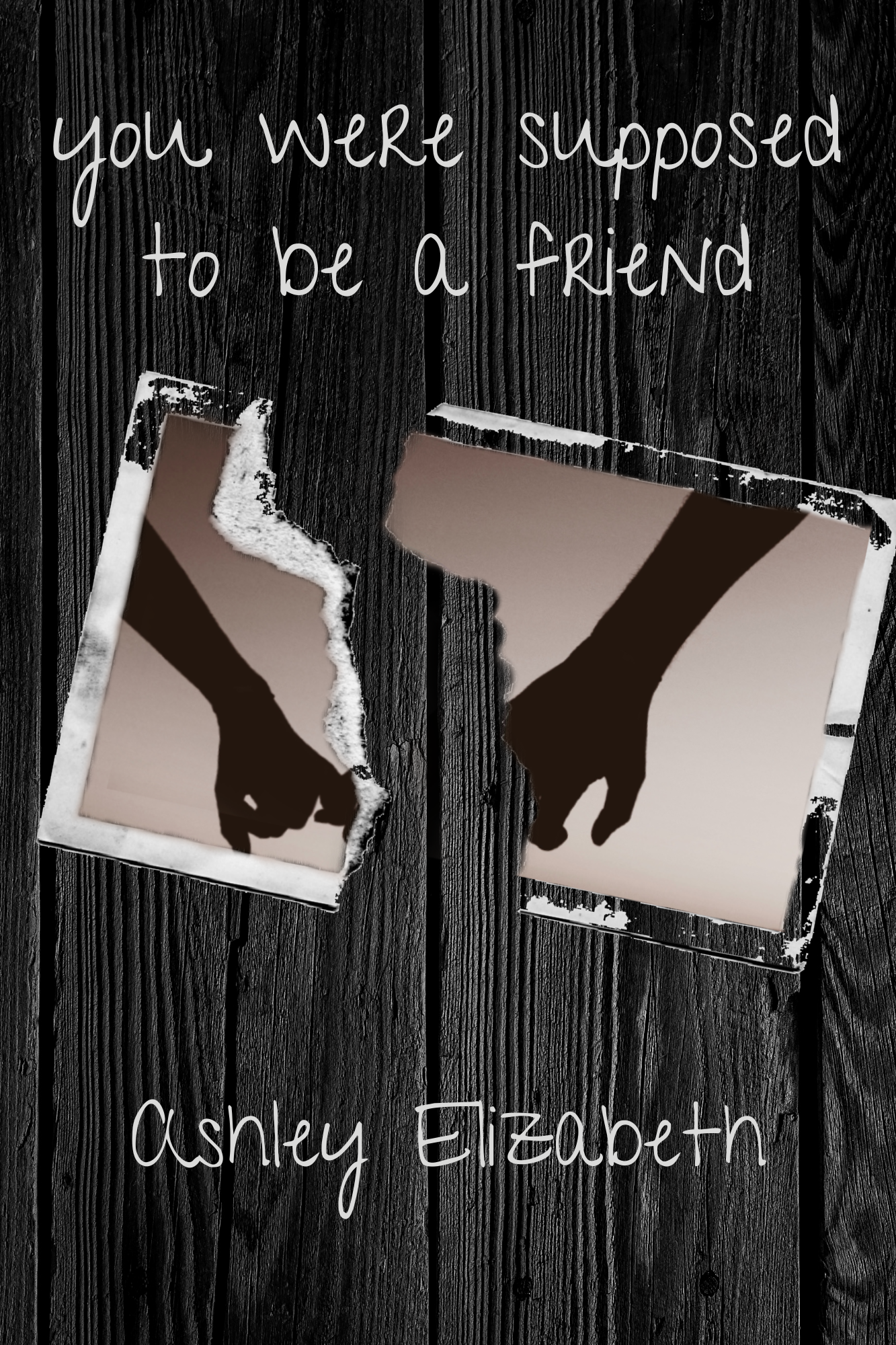 you were supposed to be a friend
you were supposed to be a friend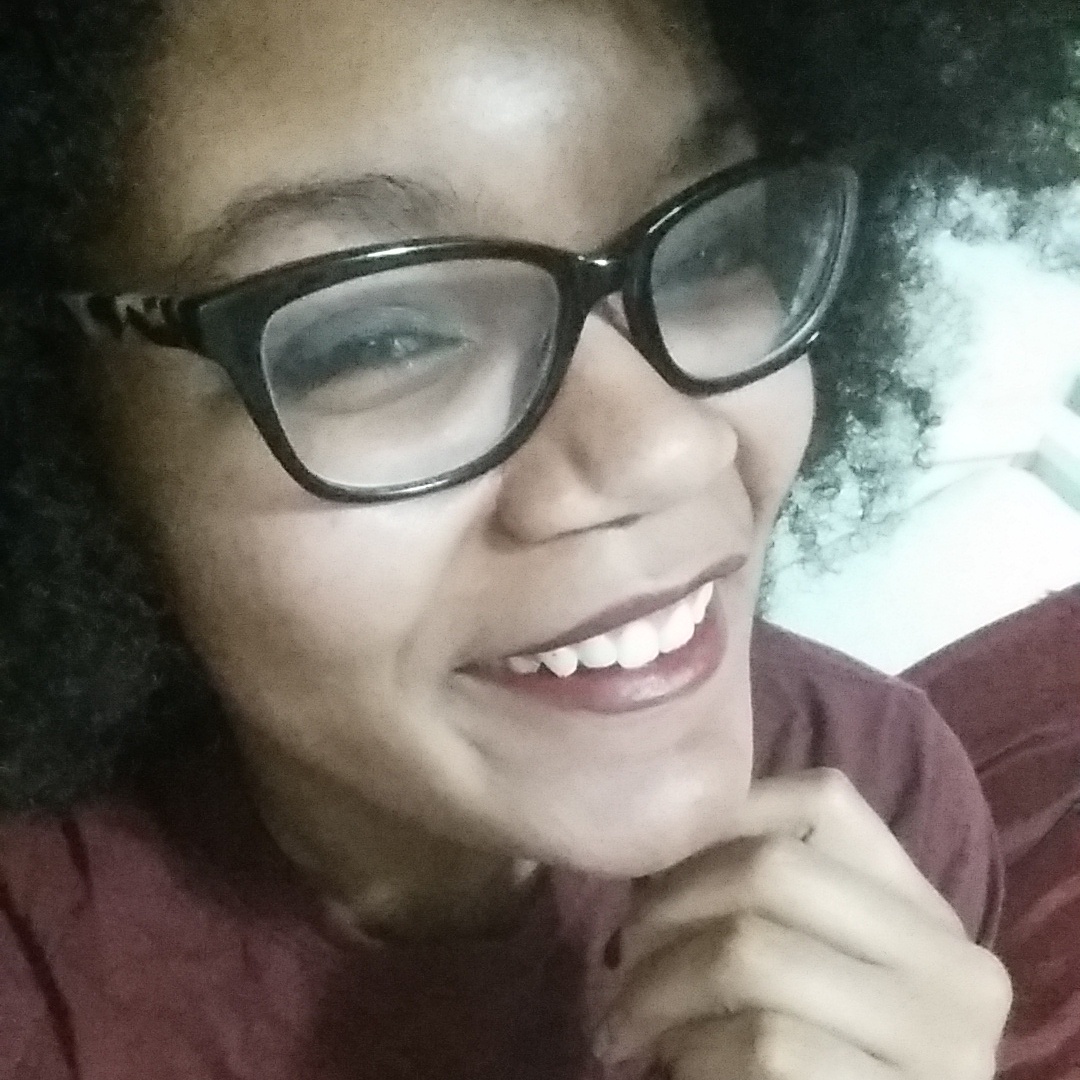
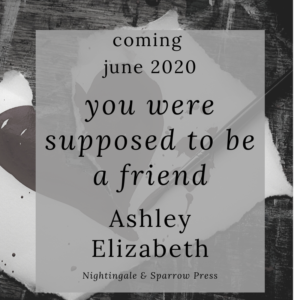
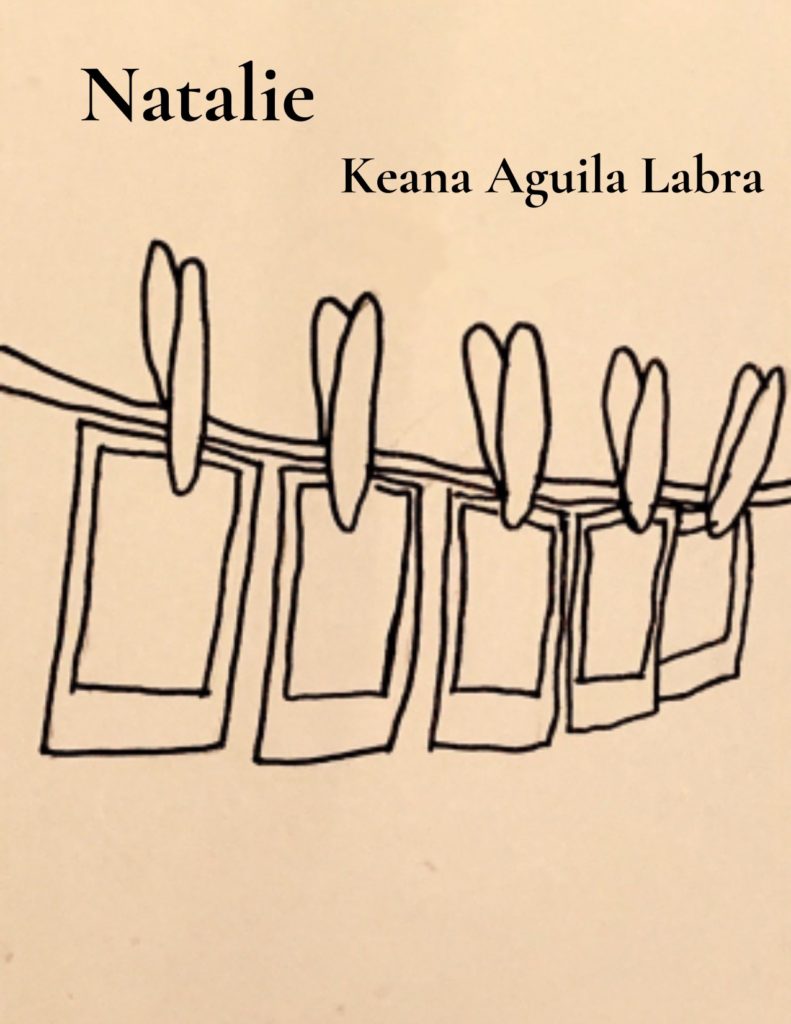
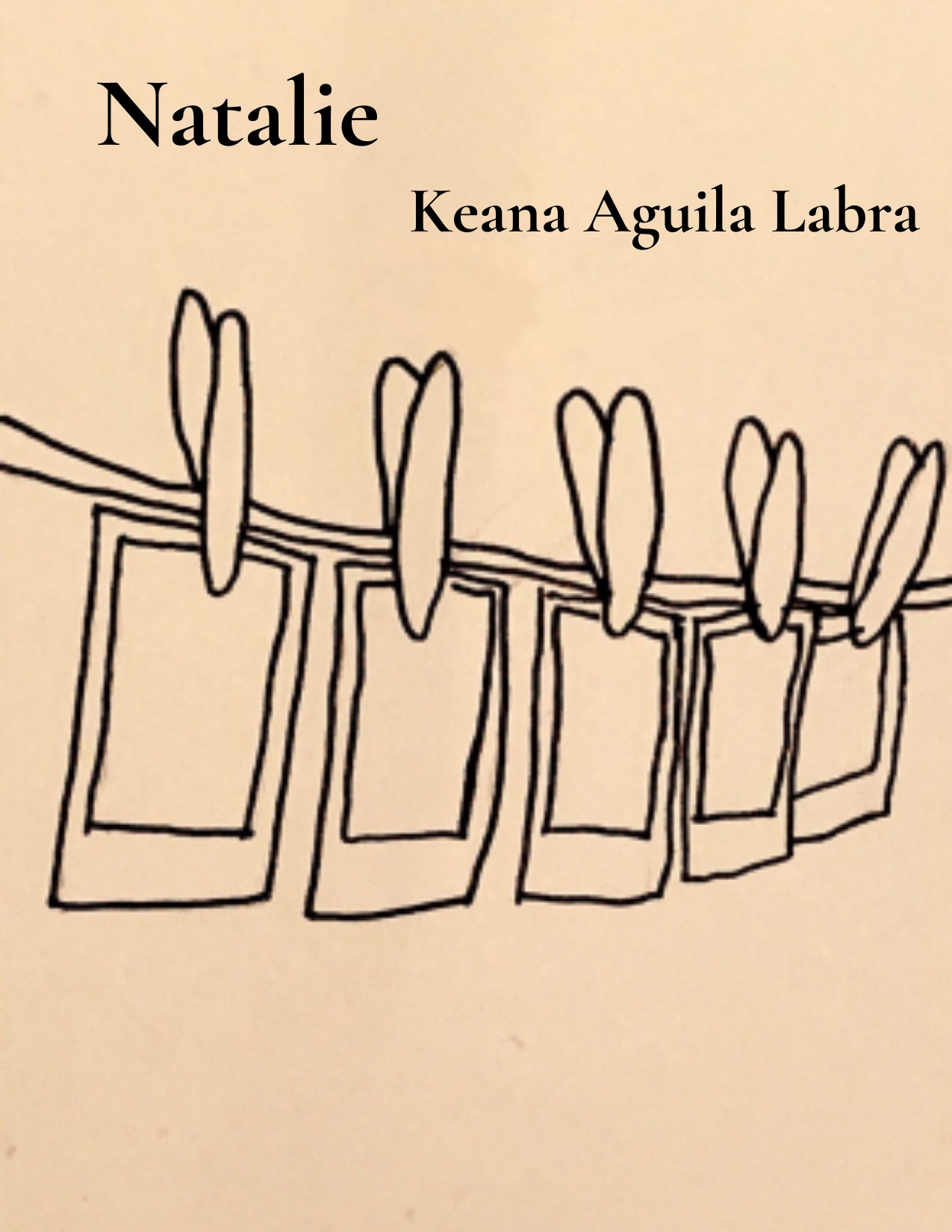 Natalie
Natalie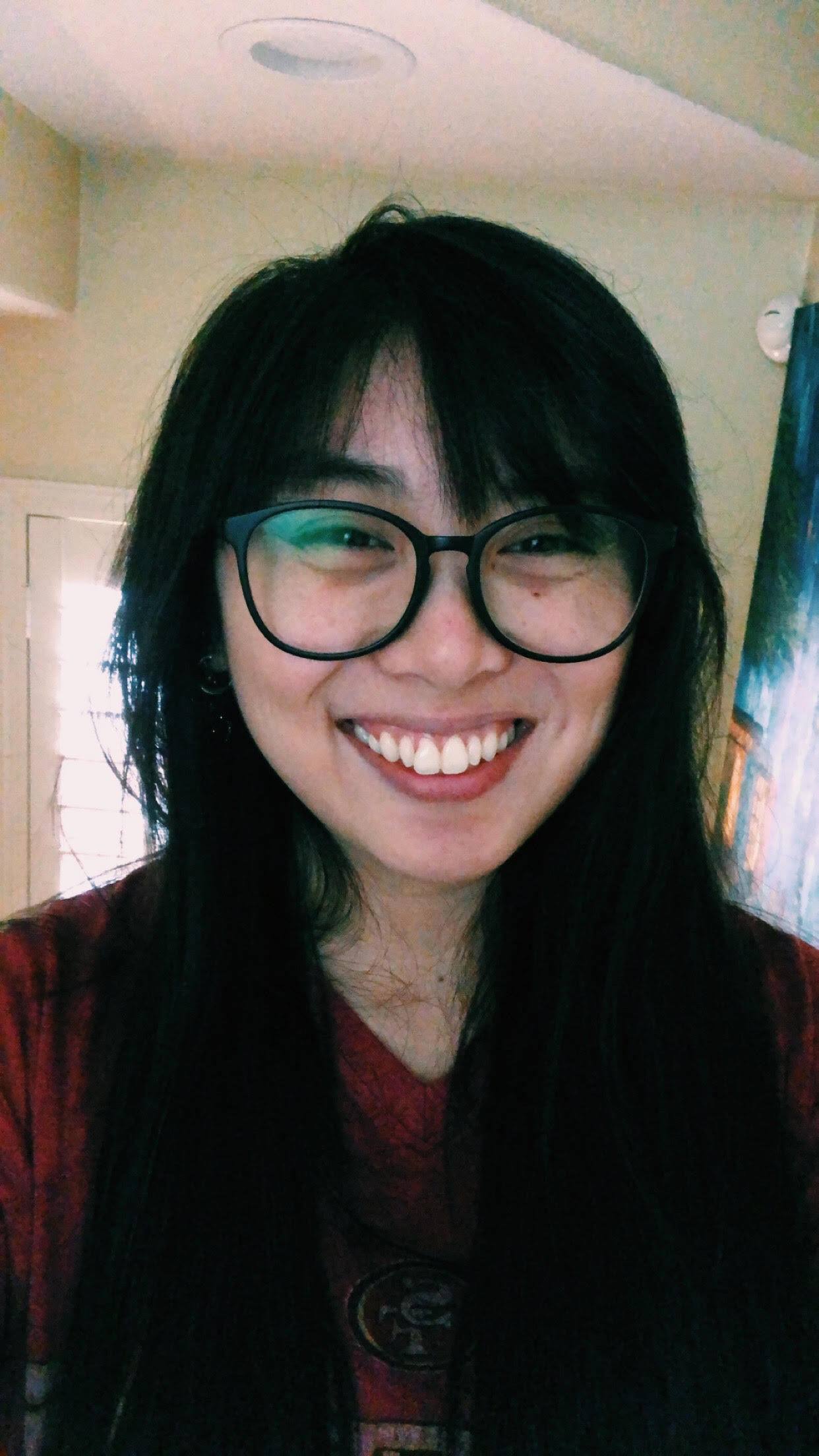
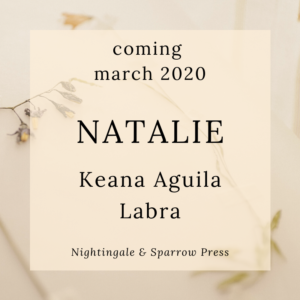
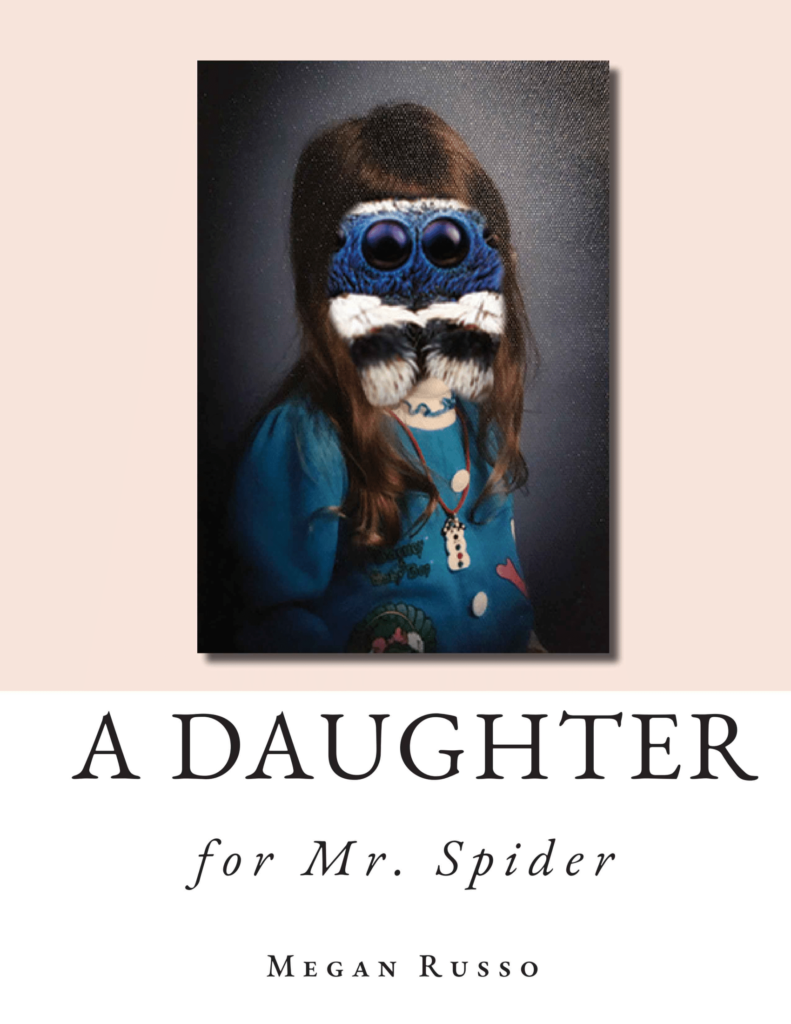
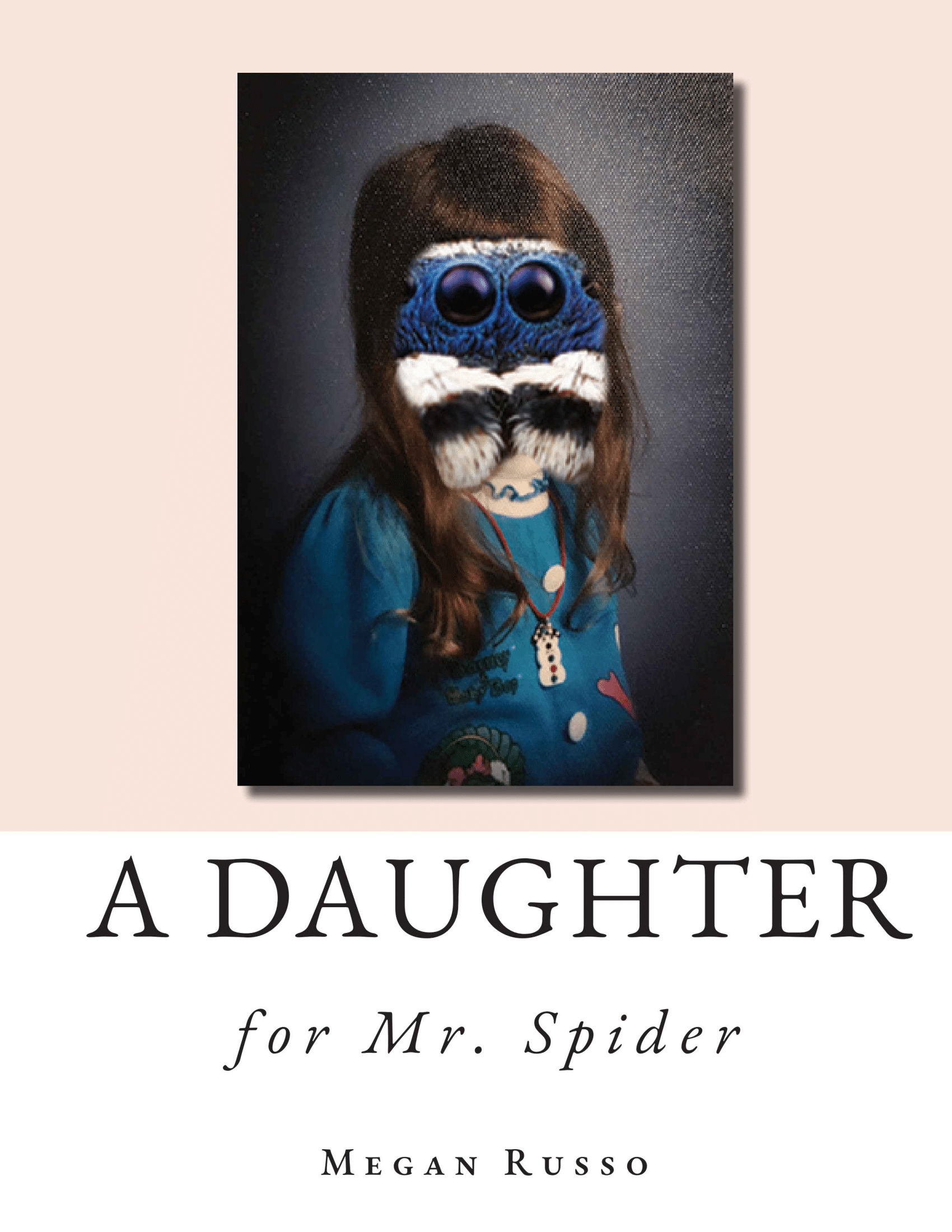 A Daughter for Mr. Spider
A Daughter for Mr. Spider